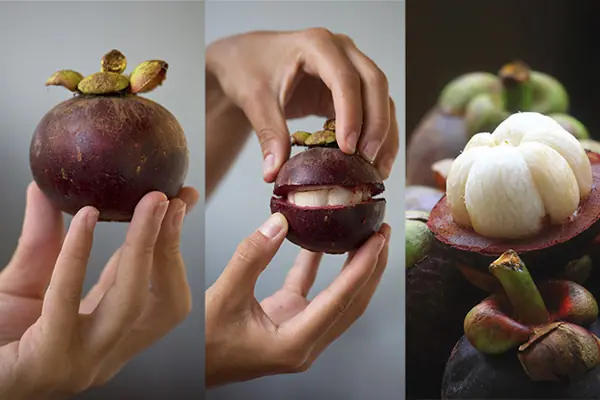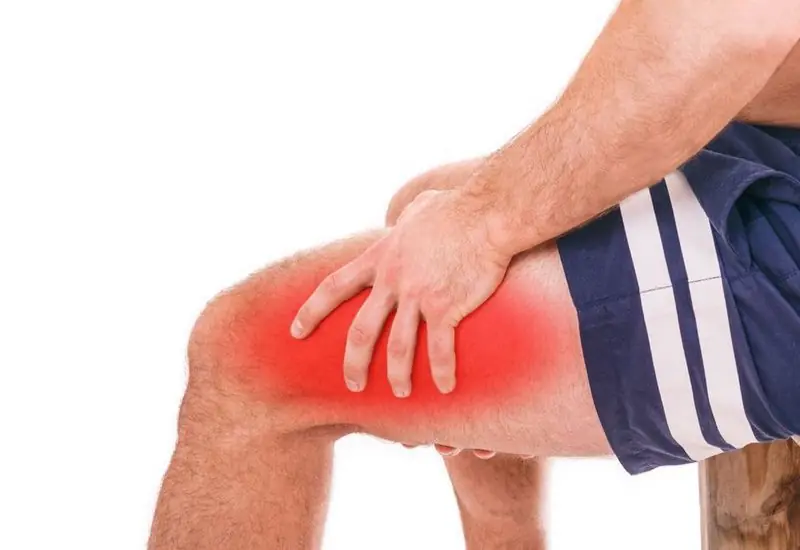
Cold Weather, Frequent Nighttime Urination in Men, and Its Potential Health Consequences
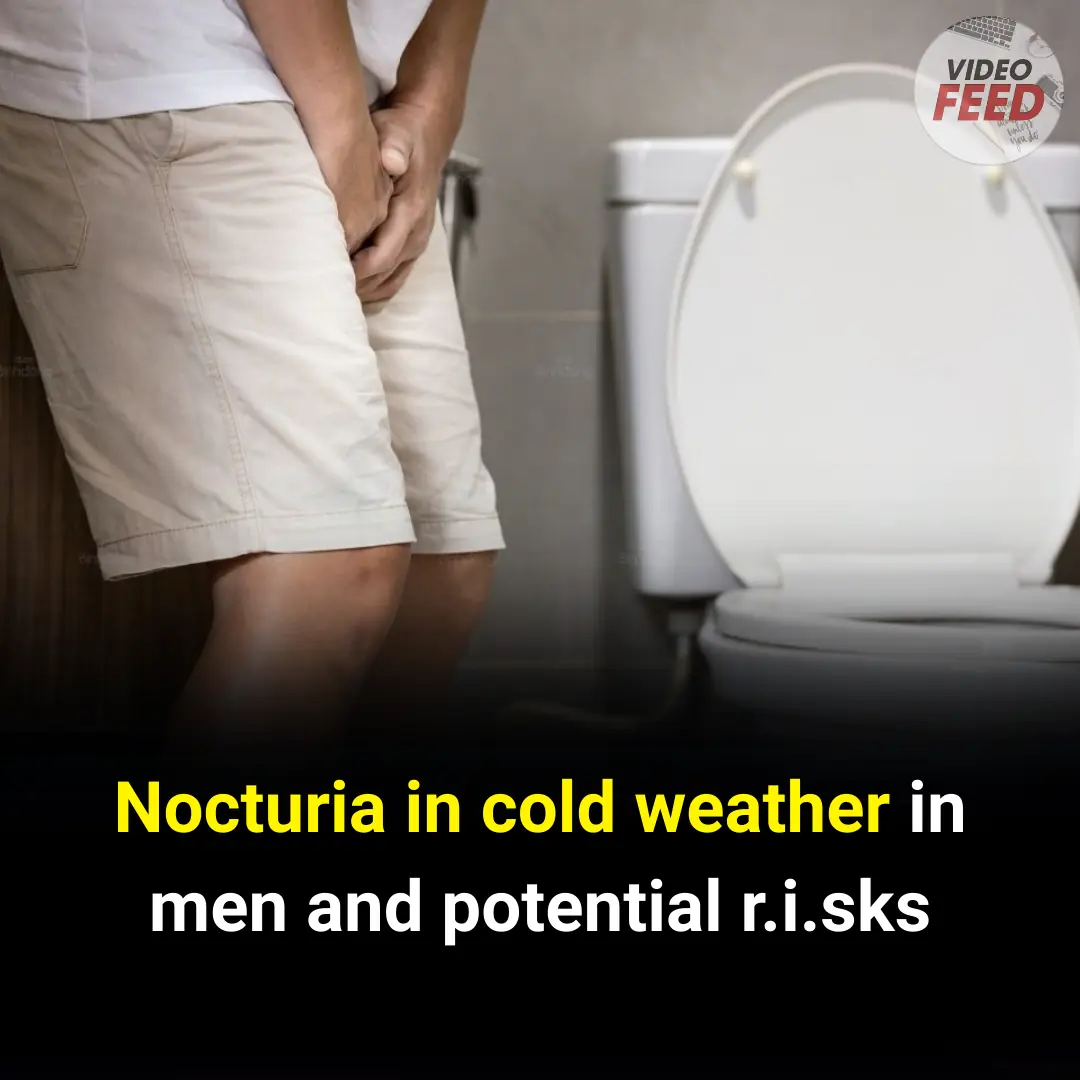
Nocturia in Cold Weather in Men – Causes and Potential Risks
Nocturia (frequent urination at night) is common, but when it occurs repeatedly, it may signal underlying health issues or natural aging. This condition not only disrupts sleep but also poses several health risks.
Why Does Nocturia Increase in Cold Weather?
Medical statistics show that up to 50% of middle-aged adults and 90% of the elderly experience nocturia, and the rate continues to rise.
According to experts, the frequency of urination increases in cold weather because blood vessels constrict to preserve heat in vital organs. As a result, the kidneys must work harder to filter blood and regulate blood pressure, producing more urine that fills the bladder and causes the urge to urinate.
Another factor is reduced sweating during winter, making urination the main way to remove excess fluid. Additionally, cold weather often stimulates appetite, leading people to eat more fatty or fried foods, which can irritate the bladder and increase urination.
In older adults, kidney function naturally declines, reducing the ability to reabsorb urine. This makes nocturia more pronounced in cold weather, with some individuals urinating 15–20 times per day, especially at night.
Nocturia – A “Small Problem” With Serious Dangers
Frequent nighttime urination forces patients to wake up repeatedly, leading to fragmented sleep, fatigue, nervous exhaustion, and reduced daily productivity. It also disturbs the sleep of bed partners.
For elderly people, moving around at night without turning on lights can be especially dangerous due to weak bones, poor eyesight, and drowsiness. The risk of falling, fractures, or injuries is high, particularly in slippery bathrooms.
Even more concerning, nocturia has been called a “silent killer” because it triples the risk of coronary heart disease, stroke, and mortality in the elderly. Sudden waking and posture changes at night, especially in cold conditions, may trigger dizziness, spikes in blood pressure, ruptured blood vessels, and strokes.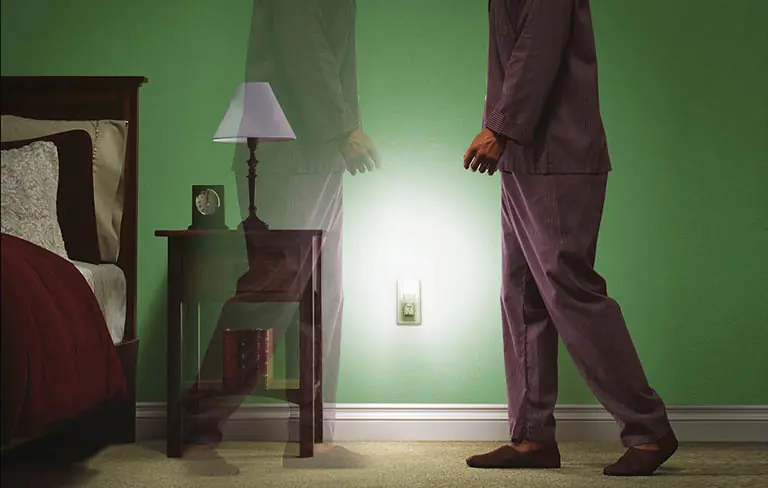
How to Reduce Nocturia in Cold Weather
Specialists recommend limiting fluid intake and diuretic or spicy foods in the evening, maintaining regular physical exercise, and practicing pelvic floor strengthening exercises. These measures can help reduce nocturia and improve bladder control.
From the perspective of traditional medicine, kidney weakness plays a central role. Strengthening kidney function not only improves urinary control but also enhances overall health.
News in the same category

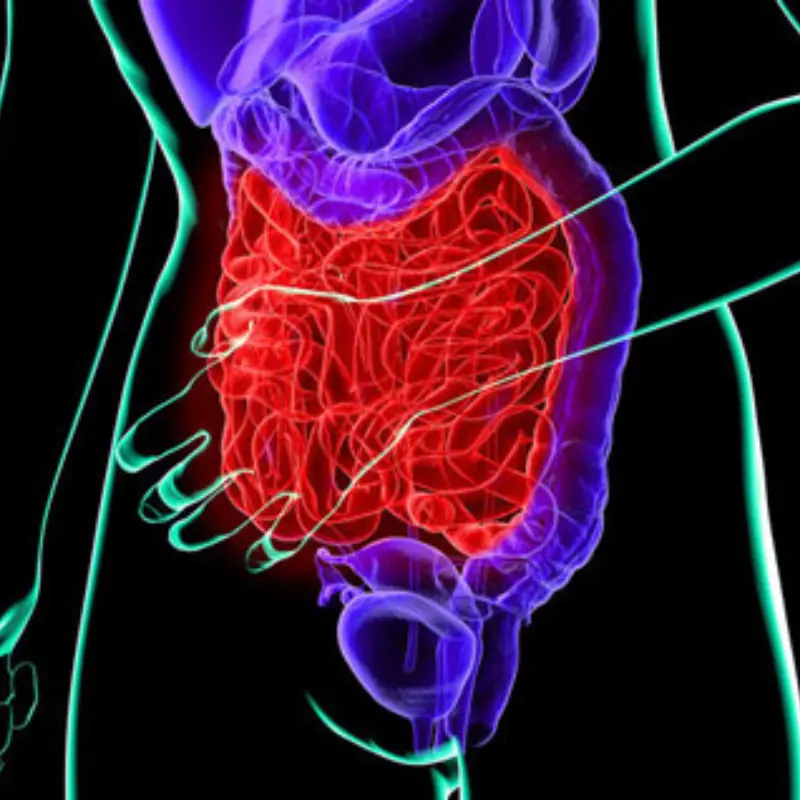
5 common warning signs of bladder can.cer you shouldn’t overlook
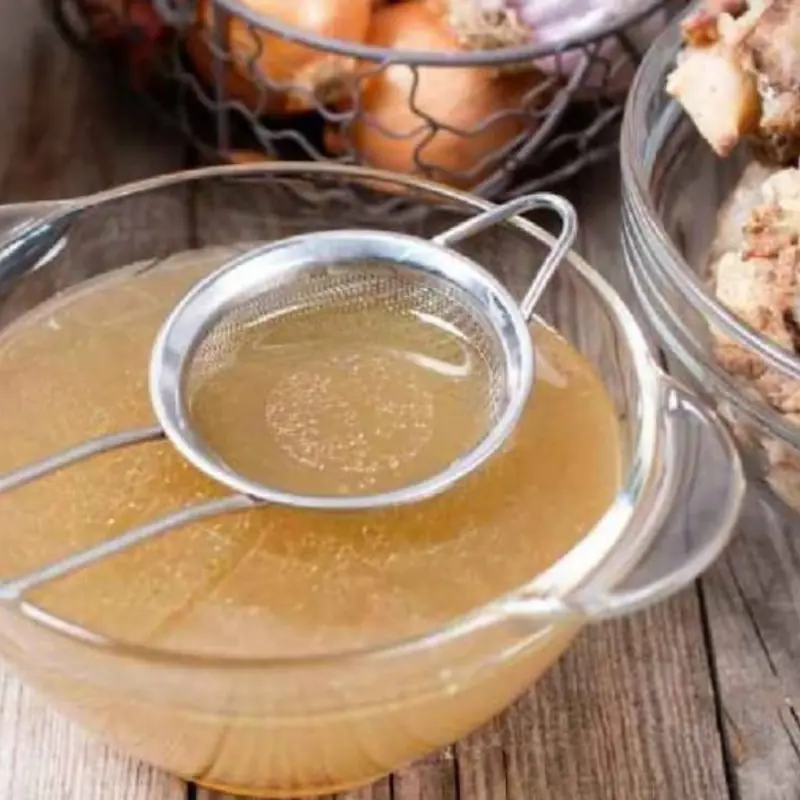
These 3 Drinks May Silently Weaken Your Bones by Flushing Calcium Out of Your Body
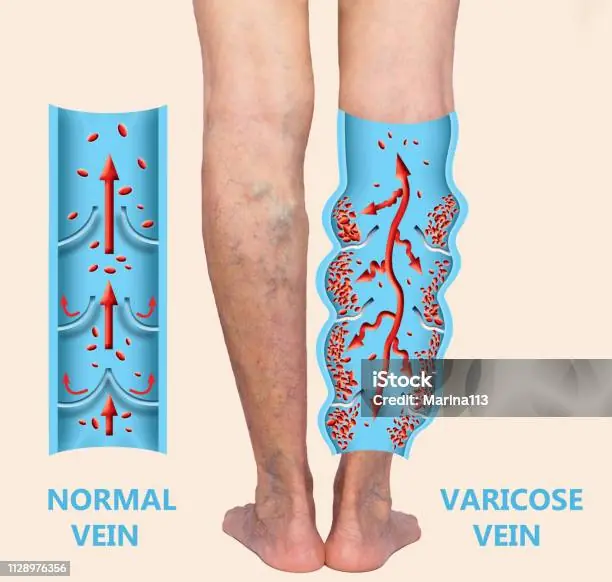
If You Have Poor Circulation, Cold Feet or Varicose Veins, Start Doing these 6 Things
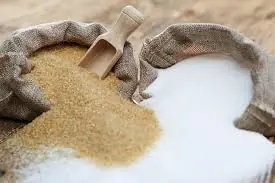
5 War.ning Signs Your Body Is Overloaded with Sugar
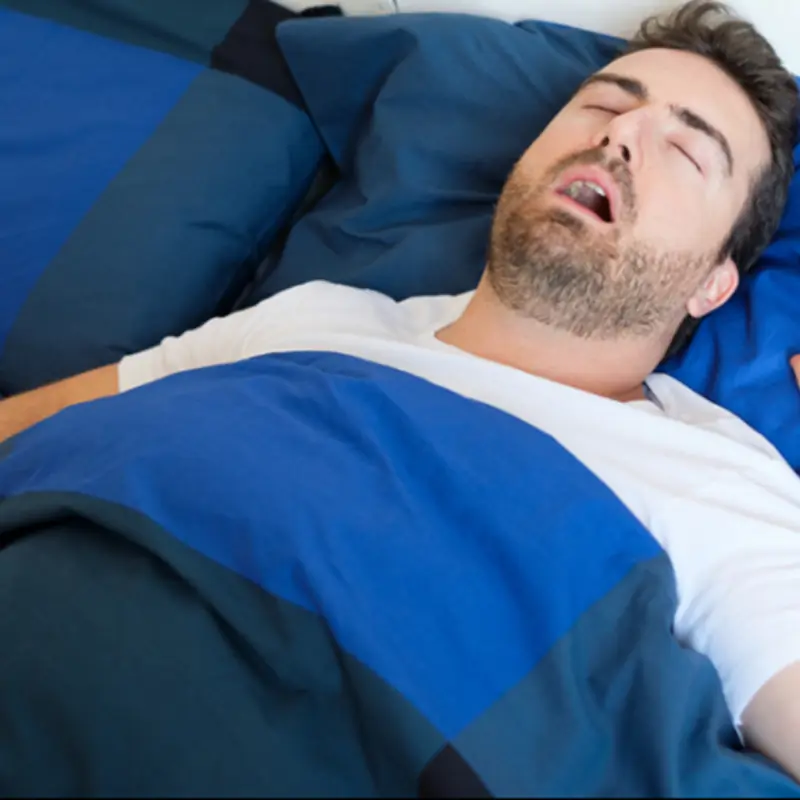
Dry mouth at night could be a warning sign: Don’t ignore these 8 reasons
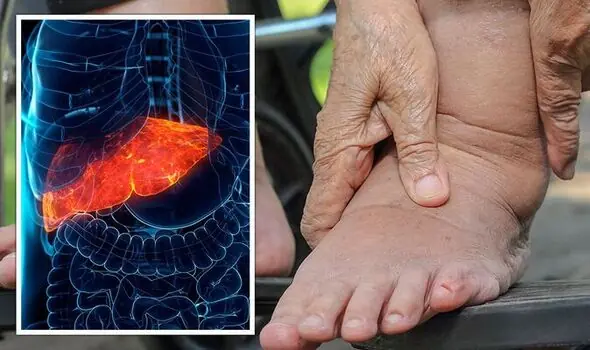
Fatty liver disease: The sign in your feet that means the condition is irreversible
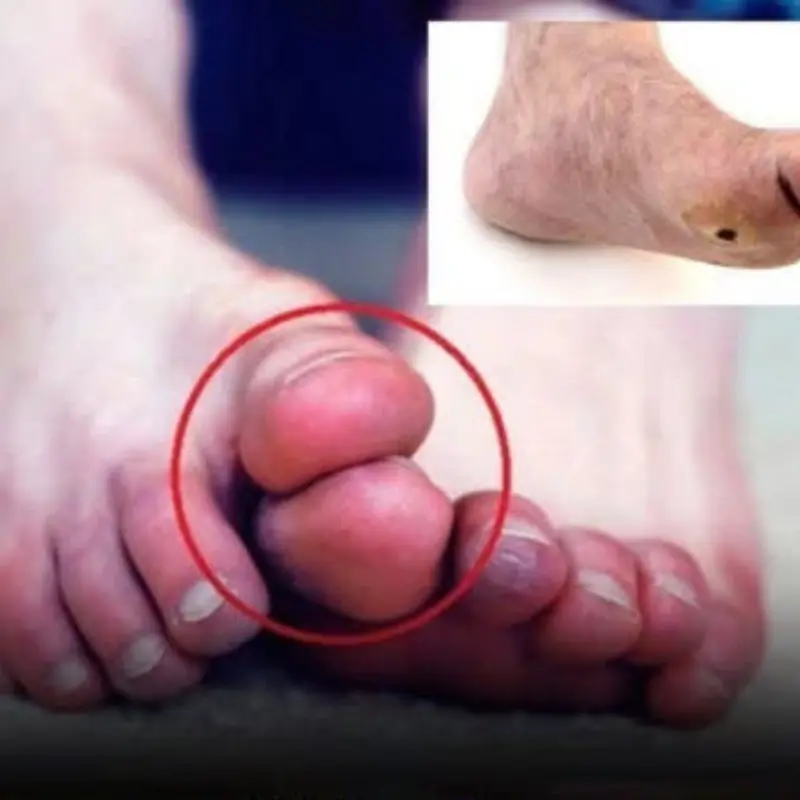
Your feet may be warning you about diabetes: Don’t ignore these 5 strange signs
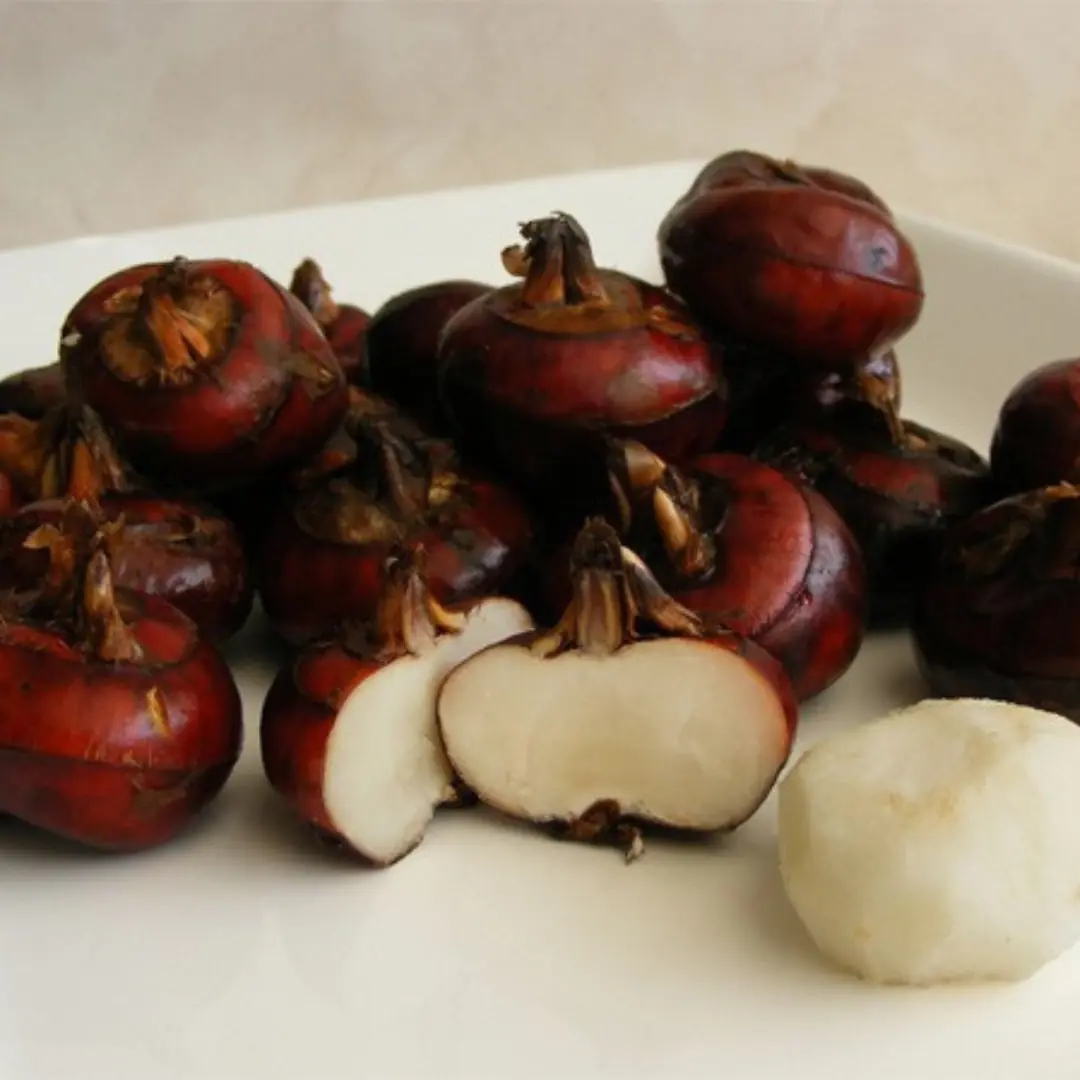
Not every fruit or vegetable peel is safe to eat. Continuing to eat certain peels may be harmful to your health

Why Do Red Dots Appear on Your Skin? Causes and What They Could Mean
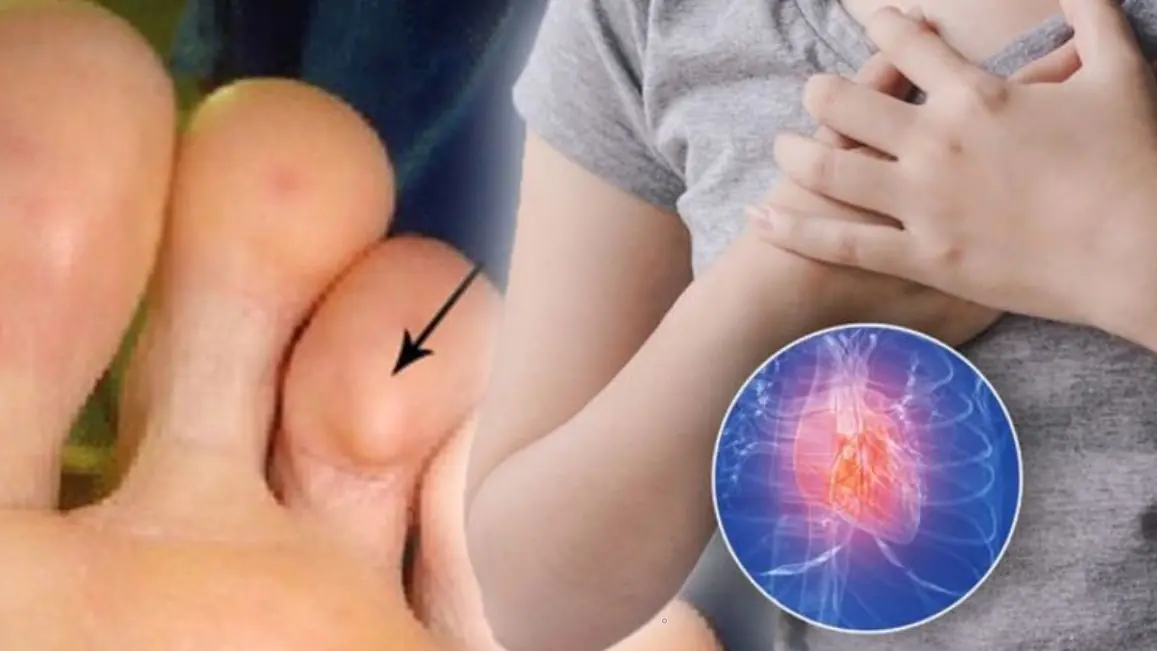
Up to 3 months before a heart att.ack, the body often sends out 5 critical warning signs but many people ignore them
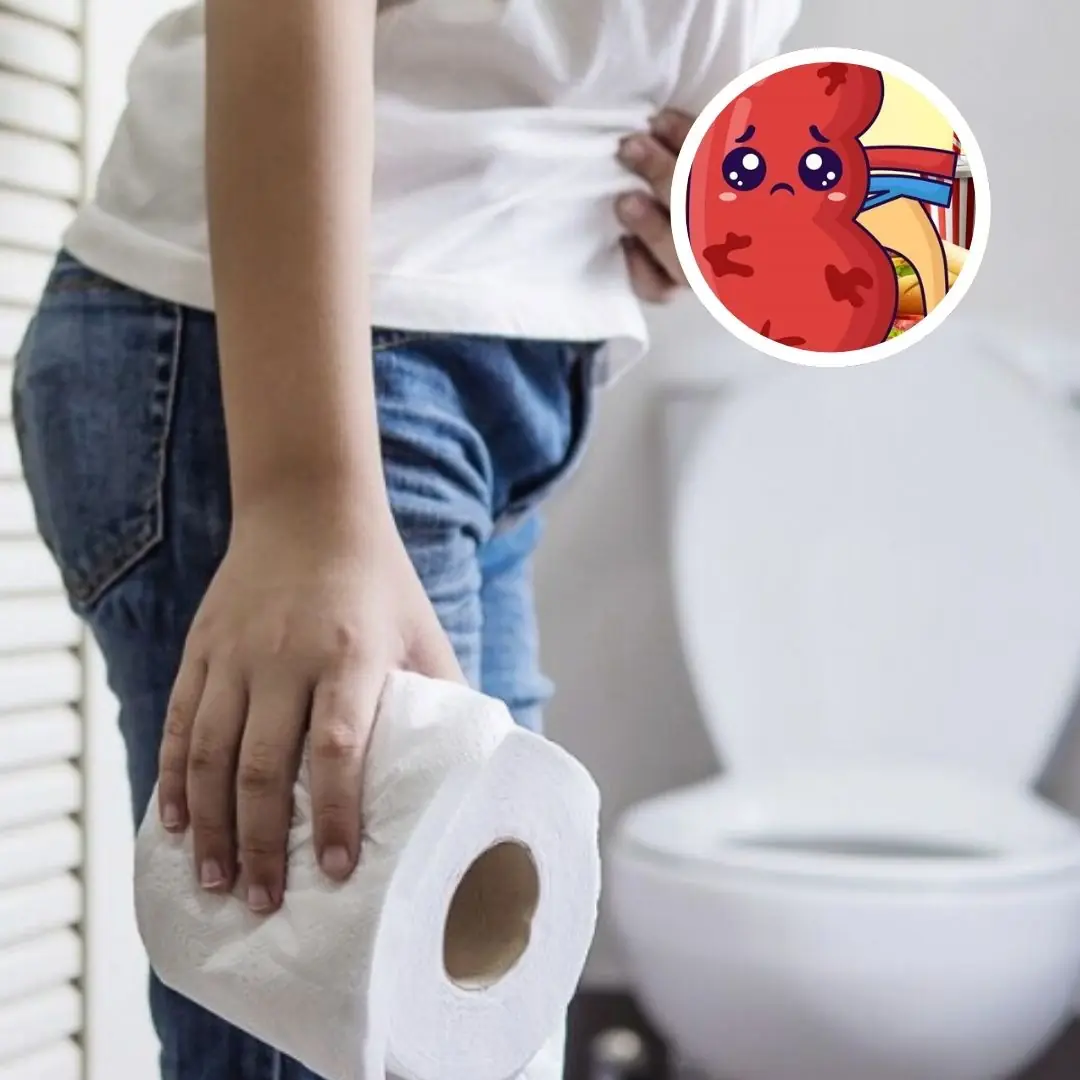
3 morning habits young people often do that harm their kidneys; anyone doing them should stop immediately

Office Worker’s Buttock and Back Pain Turns Out to Be a Serious Disease

Scientists May Have Actually Found One Of The Causes Of Autism
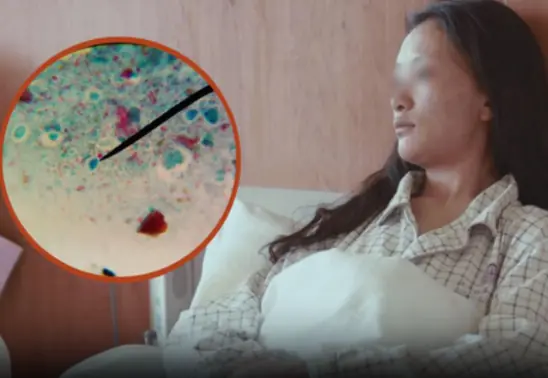
24-Year-Old Woman Suffers Stomach Perforation Due to One Common Morning Coffee Mistake
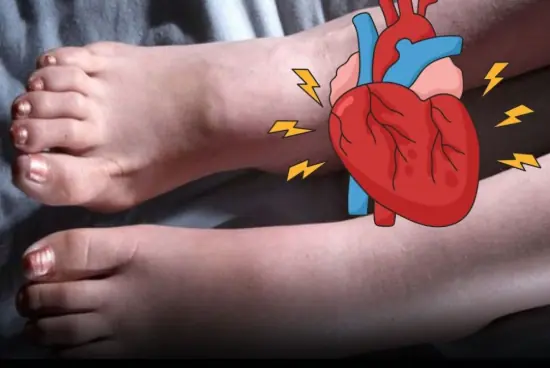
One Month Before A Heart Attack, Your Body Will Warn You Of These 7 Signs
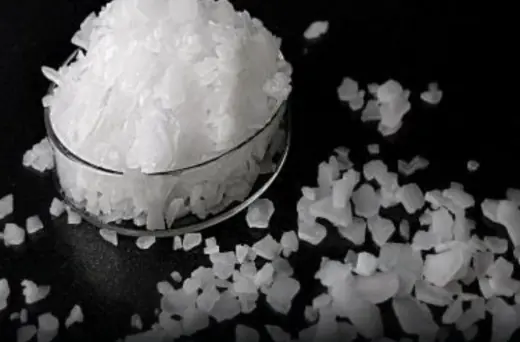
This One Superfood Could Tackle Major Health Issues—Here’s What You Need To Know
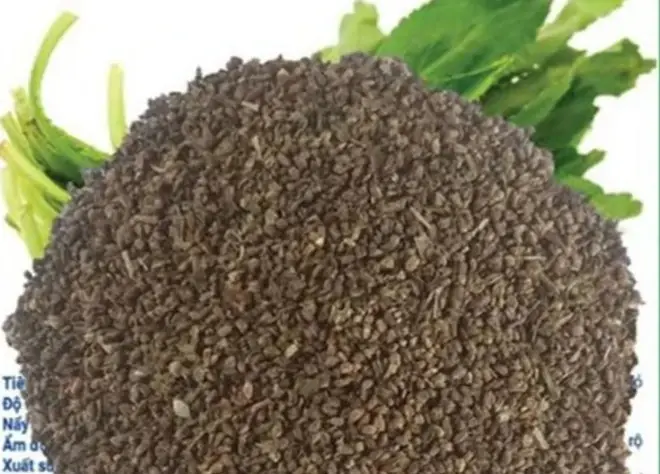
Anyone with high blo.od fat should use this seed: just about $0.20 per handful, and every part—from leaves to roots—is medicinal

Why Your Hard-Boiled Eggs Have That Weird Green Ring
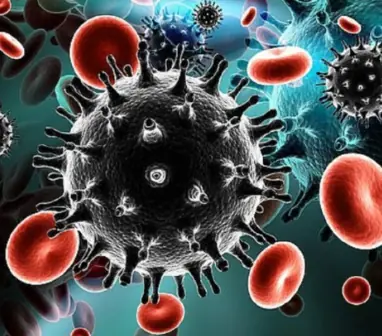
Itching in 9 Areas: A Warning Sign of Malignant Tumors, Number 7 Is the Most Common
News Post

Lime Mint Mojito (Refreshing Mocktail)

Four warning signs starting in the leg may be linked to a serious cancer

Pineapple Fried Rice (Thai-Style)

5 common warning signs of bladder can.cer you shouldn’t overlook

These 3 Drinks May Silently Weaken Your Bones by Flushing Calcium Out of Your Body

If You Have Poor Circulation, Cold Feet or Varicose Veins, Start Doing these 6 Things

5 War.ning Signs Your Body Is Overloaded with Sugar

Dry mouth at night could be a warning sign: Don’t ignore these 8 reasons

Fatty liver disease: The sign in your feet that means the condition is irreversible

Your feet may be warning you about diabetes: Don’t ignore these 5 strange signs

Green Pandan Rice Noodles in Coconut Milk with Mango

Salmon Mango Poke Bowl

Not every fruit or vegetable peel is safe to eat. Continuing to eat certain peels may be harmful to your health

Strawberry Mille Crêpe Cake

Why Do Red Dots Appear on Your Skin? Causes and What They Could Mean

Coconut Panna Cotta with Mango & Passion Fruit

Up to 3 months before a heart att.ack, the body often sends out 5 critical warning signs but many people ignore them

3 morning habits young people often do that harm their kidneys; anyone doing them should stop immediately

Office Worker’s Buttock and Back Pain Turns Out to Be a Serious Disease
